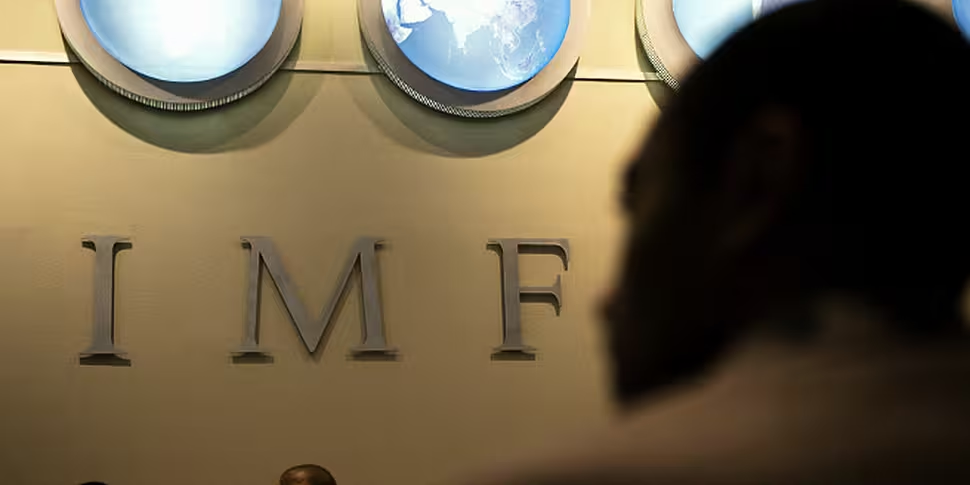The International Monetary Fund (IMF) says the slow global economic recovery means the living standards of future generations will be lower than expected.
In its latest World Economic Outlook, the IMF says the global economy is in "secular stagnation" which means national debt burdens will be tougher to reduce.
It says potential growth in wealthier countries will remain below pre-crisis levels - and is expected to decrease further in developing economies in the medium term.
It finds that in advanced economies, "this decline started as far back as the early 2000s and worsened with the global financial crisis. In emerging market economies, in contrast, it began only after the crisis."
It says this suggests that "potential output growth in advanced economies is likely to increase slightly from current rates as some crisis-related effects wear off, but to remain below pre-crisis rates in the medium term."
The main reasons are aging populations and the gradual increase in capital growth from current rates, as output and investment recover from the crisis.
But it cautions that, in contrast, emerging market economies potential output growth is expected to decline further due to weaker investment, and lower total factor productivity growth.
It adds that reduced prospects for potential growth will raise new challenges, such as achieving fiscal sustainability. "Increasing potential output will need to be a priority in major advanced and emerging market economies," it says.
But Newstalk.com's business editor, Vincent Wall, says there is an upside to the gloomy outlook.









